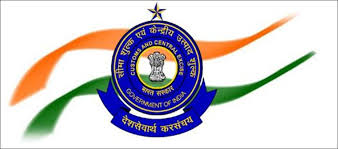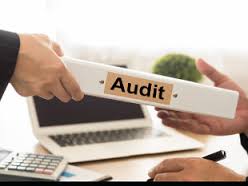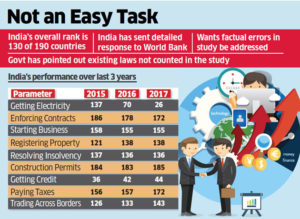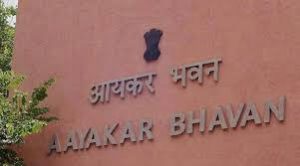 As many as 162 companies that have claimed GST transitional credit of over Rs. 1 crore are under the scanner of tax authorities who would verify whether the claims are eligible.
As many as 162 companies that have claimed GST transitional credit of over Rs. 1 crore are under the scanner of tax authorities who would verify whether the claims are eligible.
In the transitional credit form TRAN–1 filed by taxpayers along with their maiden returns for July, businesses have claimed credit of over Rs. 65,000 crore for excise, service tax or VAT paid before the GST was rolled out from July 1.
In view of such huge claims, the Central Board of Excise and Customs (CBEC) in a letter to Chief Commissioners said that as per the GST law carry forward of transitional credit is permitted only when such credit is permissible under the law.
“The possibility of claiming ineligible credit due to mistake or confusion cannot be ruled out … It is desired that the claims of ITC credit of more than Rs. 1 crore may be verified in a time-bound manner,” CBEC said.
It asked the chief commissioners to send a report on the claims made by these 162 companies to the CBEC, which is the apex decision making body for indirect taxes, by September 20.
To ensure that only eligible credit is carried forward in the GST regime, the CBEC has asked field offices to match the credit claimed with closing balance in returns filed under the earlier law. They would also check if the credit is eligible under the GST laws.
Till last week, as many as 70 per cent of 59.57 lakh taxpayers had filed returns for July resulting in a maiden revenue of Rs. 95,000 crore under the Goods and Services Tax (GST) regime.
However, out of this, the input tax credit (ITC) data for Central GST (CGST) claimed in TRAN–1 has shown that registered businesses have claimed over Rs. 65,000 crore as transitional credit.
The government had, in late August, come out with form TRAN–1 for businesses to claim credit for taxes paid on transition stock. Traders and retailers had 90 days time to file for claim. Also businesses have been allowed to revise the form once till October 31.
PwC India Partner and Leader (indirect tax) Pratik Jain said that the Rs. 65,000 crore amount looks high particularly given the fact that lot of large companies have not yet submitted TRAN–1.
Under the transition rules, traders and retailers are allowed to claim credit of 60 per cent of taxes paid earlier against the CGST or SGST dues where the tax rate exceeds 18 per cent. In cases where the GST rate is below 18 per cent, only 40 per cent deemed credit will be available against CGST and SGST dues.
Further, the government would also refund 100 per cent excise duty for goods costing above Rs. 25,000 and bearing a brand name of the manufacturer and are serially numbered like TV, fridge or car chassis.
To avail this, a manufacturer can issue a Credit Transfer Document (CTD) as evidence for excise payment on goods cleared before the introduction of GST to the dealer. The dealer availing credit using CTD would also have to maintain copies of all invoices relating to buying and selling from the manufacturer to the dealer, through intermediate dealers.
Source: The Hindu Business Line






